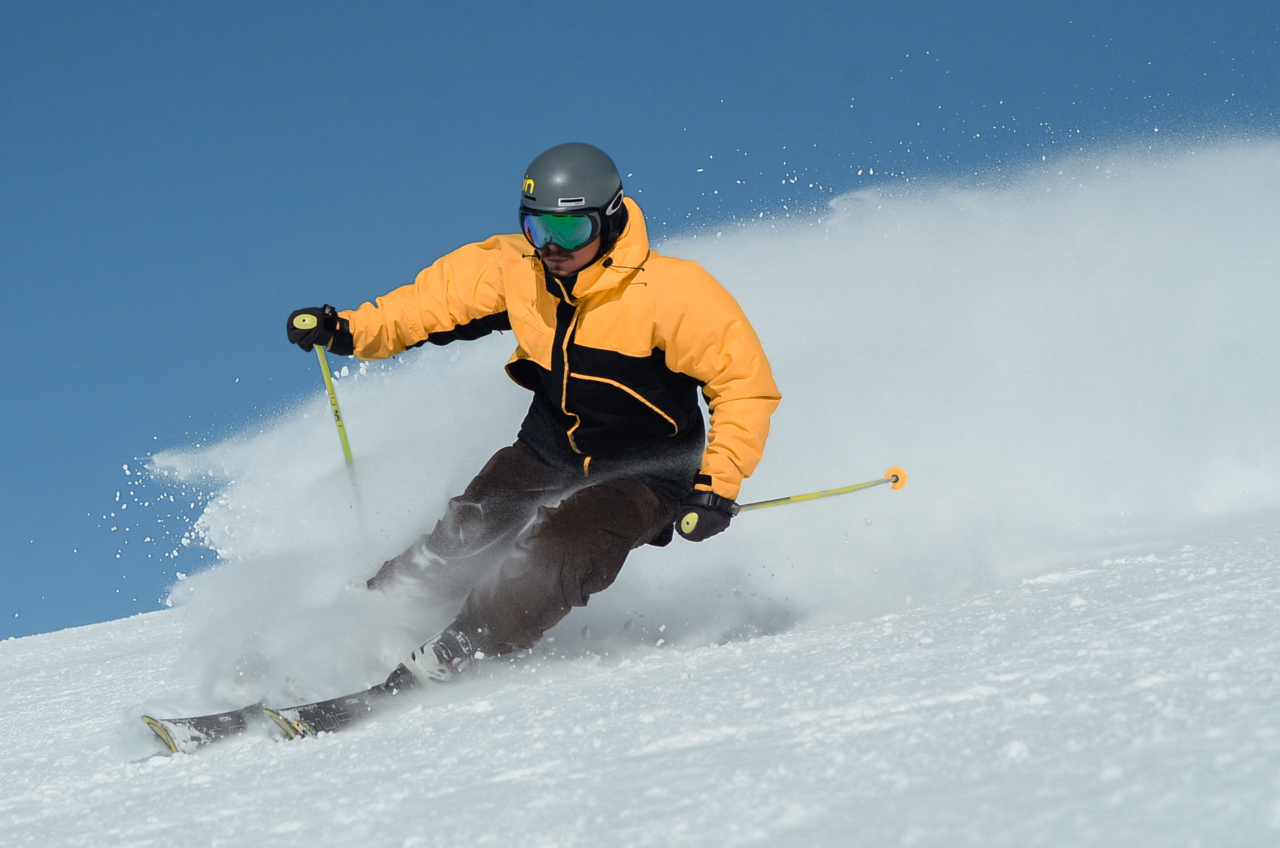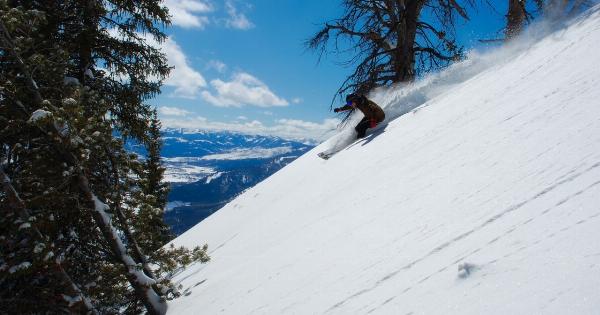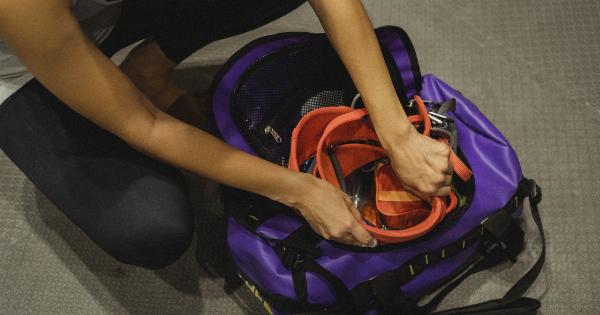Cold weather brings snow, ice, and many opportunities for outdoor activities such as skiing, snowboarding, ice skating, and more. But with the cold comes the risk of frostbite, hypothermia, and other cold-related injuries.
Here are some precautions that you can take to prevent the risks of cold weather sporting.
Dress appropriately
The first and essential thing to keep in mind while participating in cold weather sporting is to dress appropriately. Wear layers of clothing that can keep you warm, dry, and away from cold and wet.
Choose clothes made of synthetic or wool material that can allow you to breathe, reduce moisture, and stay dry. Wear a windproof and waterproof outer layer to shield you from wind and snow. Do not forget to wear a hat, gloves, and socks that can cover your head, fingers, and toes.
Prepare for the weather
Before stepping out, check the weather forecast and plan accordingly. Avoid going out in severe weather conditions and snowstorms.
If you must go outside, dress appropriately and prepare yourself with all necessary equipment, such as snowshoes, ice skates, or ski poles. When planning to engage in winter sports, carry extra clothing in case of unforeseen weather changes.
Stay Hydrated
Dehydration can happen in cold weather as well. Always carry and drink plenty of fluids, especially water, to compensate for the moisture loss that occurs when breathing in cold and dry air.
Drinking fluids can also help to keep you warm, regulate your body temperature, and prevent hypothermia.
Know the signs of frostbite and hypothermia
Recognize the warning signs of frostbite and hypothermia. Frostbite is the freezing of skin and its underlying tissues due to prolonged cold exposure. Symptoms include a white or grayish-yellow skin, numbness, tingling, and pain.
Hypothermia is a medical emergency that happens when exposed to cold weather for a prolonged period. The symptoms include shivering, confusion, slurred speech, and loss of coordination. If any of these symptoms begin to develop, go inside and take necessary action immediately.
Take regular breaks
When engaging in winter sports, take regular breaks to give your body time to warm up and catch your breath. Spend time inside a warm place to rest and recover before returning to outdoor activities.
Do not push yourself beyond your limits, as it may result in exhaustion and increase the risk of cold weather injuries.
Be prepared for an emergency
Always carry a fully charged mobile phone, first aid kit, and emergency blanket. Let others know where you are going and when you plan to return. Stick to the designated trails while skiing, snowboarding, or snowmobiling.
If you get lost or injured, stay put and wait for help.
Proper maintenance of equipment
Cold weather can cause damage to your equipment, such as skis, snowboards, or ice skates. Proper equipment maintenance is essential to ensure the continued safety and performance of your gear.
Before hitting the slopes, check your equipment and make sure it is in good shape. Take your equipment to a professional for proper maintenance before the start of each winter season.
Listen to your body
If you feel cold, tired, or hungry, listen to your body. Take rest, have a snack, or get inside where it is warm. Always pay attention to your body’s signals and take precautions accordingly.
Avoid alcohol
Alcohol should be avoided when participating in cold weather sporting. Alcohol dilates the blood vessels, which causes more heat loss from the body.
It also impairs judgment and coordination, making it more difficult to navigate potentially dangerous conditions.
Conclusion
By taking necessary precautions, the risks associated with cold weather sporting can be minimized. Dress appropriately, plan ahead, stay hydrated, and take breaks as required.
Be prepared for emergencies, maintain your equipment, listen to your body, and avoid alcohol. These tips will help ensure a safe and enjoyable winter sports season.




























